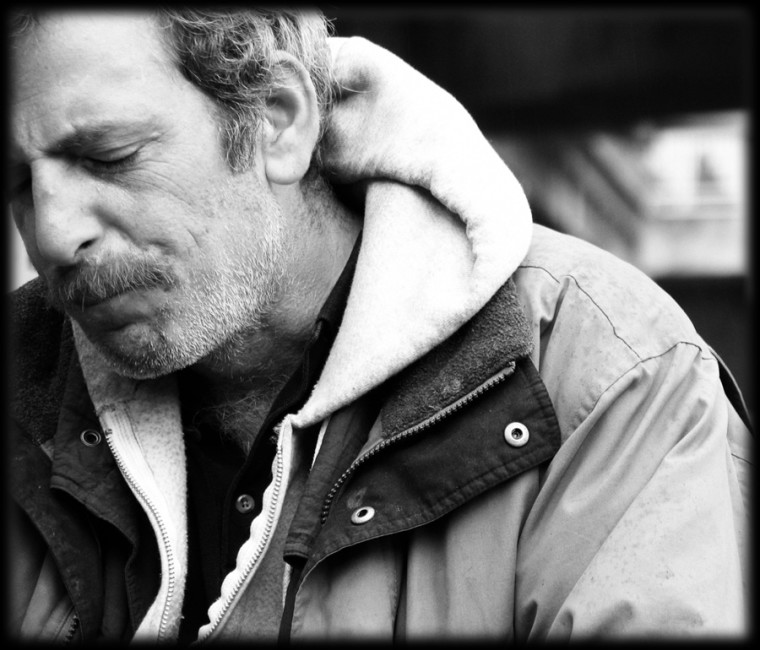
I will never forget the day I dragged myself into my counselor’s office, about two months into my divorce. I was in so much emotional pain that I could hardly put one foot in front of the other. It was a chore just to walk.
What made it worse was that I had reached the point of utter despair. I believed that I was going to feel this way the rest of my life. To say that I thought my future was bleak was an understatement. I had lost hope.
Fortunately, what my counselor, Kathy, told me that day helped me regain hope. She told me that the reason for my deep emotional pain was because I was grieving. I was surprised. I thought people only grieved when they experienced a death. My counselor told me that I had indeed experienced a death—the death of my marriage.
She was right. It did feel as if someone had died.
The Grief Cycle
Kathy went on to explain something she called the grief cycle. She said that the grief cycle is made up of these five stages:
- Denial
- Anger
- Bargaining
- Sadness
- Acceptance
The most hopeful thing my counselor told me was that the grieving process has a beginning, a middle, and an end. That was such a relief to me because it meant that I would not feel this intense emotional pain for the rest of my life. I could expect that it would end. That alone gave me hope.
Ten Most Important Things About Grief
Here are the ten most important things she told me about the grief cycle:
1) You must grieve the loss of your marriage by embracing each stage to fully heal and recover from your divorce. If you don’t, you run the risk of getting stuck in one of the stages—not pretty.
2) The first time through the grief cycle is usually the longest. How long? Well, that depends on each individual. As a (very) general rule of thumb: 12 to 24 months.
3) Repeating the grief cycle is common. Fortunately, repeat cycles are typically much shorter than the first grief cycle.
4) Common triggers to the grief cycle include:
- Anniversaries: Yours for sure, but other people celebrating theirs.
- Holidays: This is one reason why Christmas and Thanksgiving are so difficult after a divorce. Valentine’s Day is also very challenging.
- Music: Love songs, or the song that inspired you as a couple, are particularly difficult.
- Locations: Visiting the place of your honeymoon, or favorite vacation spots when you were married.
- Weddings: Going to a wedding, or someone getting engaged. (A co-worker getting engaged triggered a repeat grief cycle for me about two years after I worked through my first grief cycle. Fortunately, it only lasted a week or so.)
5) You won’t necessarily go through the grief stages in order. It is fairly common to bounce around in different stages. You may be very sad for several weeks, experience a period of intense anger, and then try and strike a deal with God so He will save your marriage.
6) You will experience some stages more intensely than others. You may experience intense anger for weeks or months, yet only have a fleeting experience with denial. Each person experiences grief differently.
7) It is very important to work through all the stages of grief so that you don’t get stuck in a stage. This can greatly delay, or even prevent, your healing and recovery.
8) A warning sign that you are stuck in a stage is if you are experiencing one stage intensely for an especially long period of time (six months or more)
9) Intense sadness is not the same as clinical depression. According to the Mayo Clinic, you should see a doctor if you are experiencing intense sadness along with one or more of these symptoms for more than two weeks*:
- Feelings of sadness, emptiness or unhappiness
- Angry outbursts, irritability or frustration, even over small matters
- Loss of interest or pleasure in normal activities
- Sleep disturbances, including insomnia or sleeping too much
- Tiredness and lack of energy, so that even small tasks take extra effort
- Changes in appetite — often reduced appetite and weight loss, but increased cravings for food and weight gain in some people
- Anxiety, agitation, or restlessness — for example, excessive worrying, pacing, hand-wringing or an inability to sit still
- Slowed thinking, speaking, or body movements
- Feelings of worthlessness or guilt, fixating on past failures or blaming yourself for things that are not your responsibility
- Trouble thinking, concentrating, making decisions and remembering things
- Frequent thoughts of death, suicidal thoughts, or suicide attempts
- Unexplained physical problems, such as back pain or headaches
10) You know you have successfully worked through the grieving process when you begin to plan for your future. When we grieve, we are consumed with the here and now. When we can begin to think about tomorrow and beyond, that is a sign of healing.
Grieving Is Essential to Recovery
I found that having a better understanding of why I was feeling the way I was helped alleviate some of the worry and anxiety. It also helped me to realize that what I was going through was normal. Best of all, knowing that if I accepted the grieving process, it would actually help me to recover from my divorce and allow me to look to the future with hope once again.
Question: What was your experience with the grief cycle like?
Originally posted 2015-05-12 11:42:58.

Please note: I reserve the right to delete comments that are offensive or off-topic.